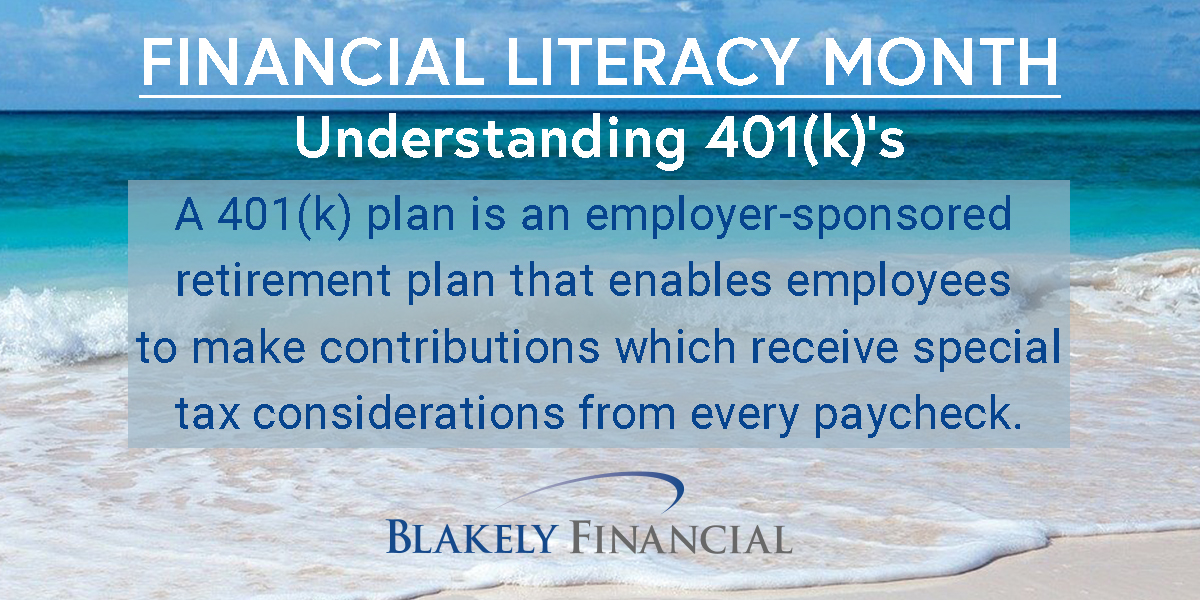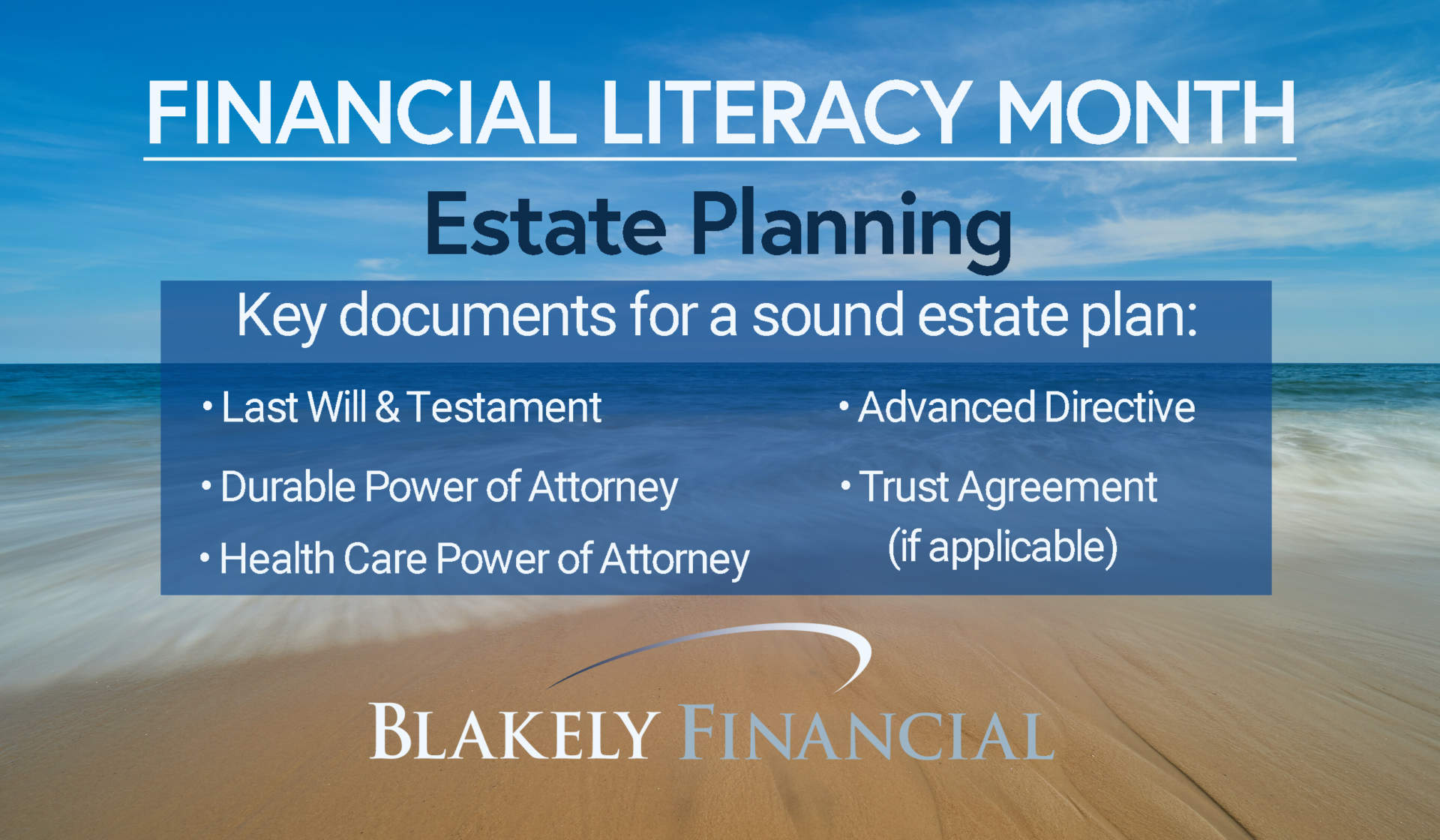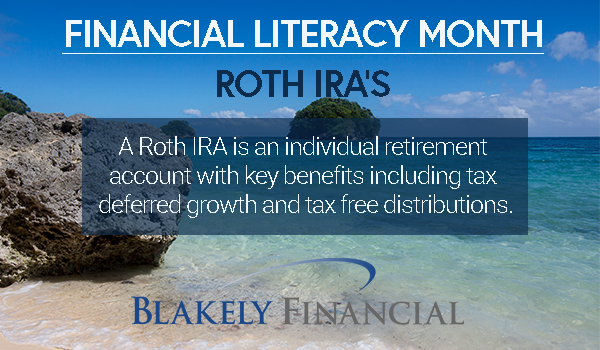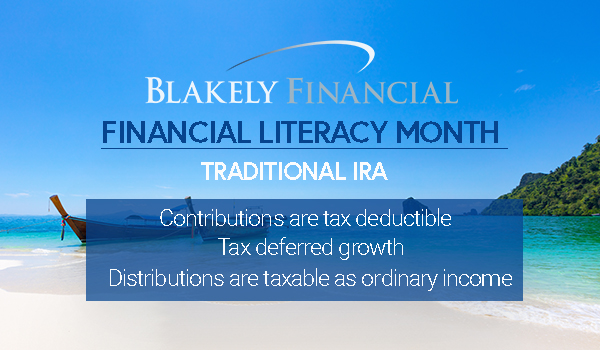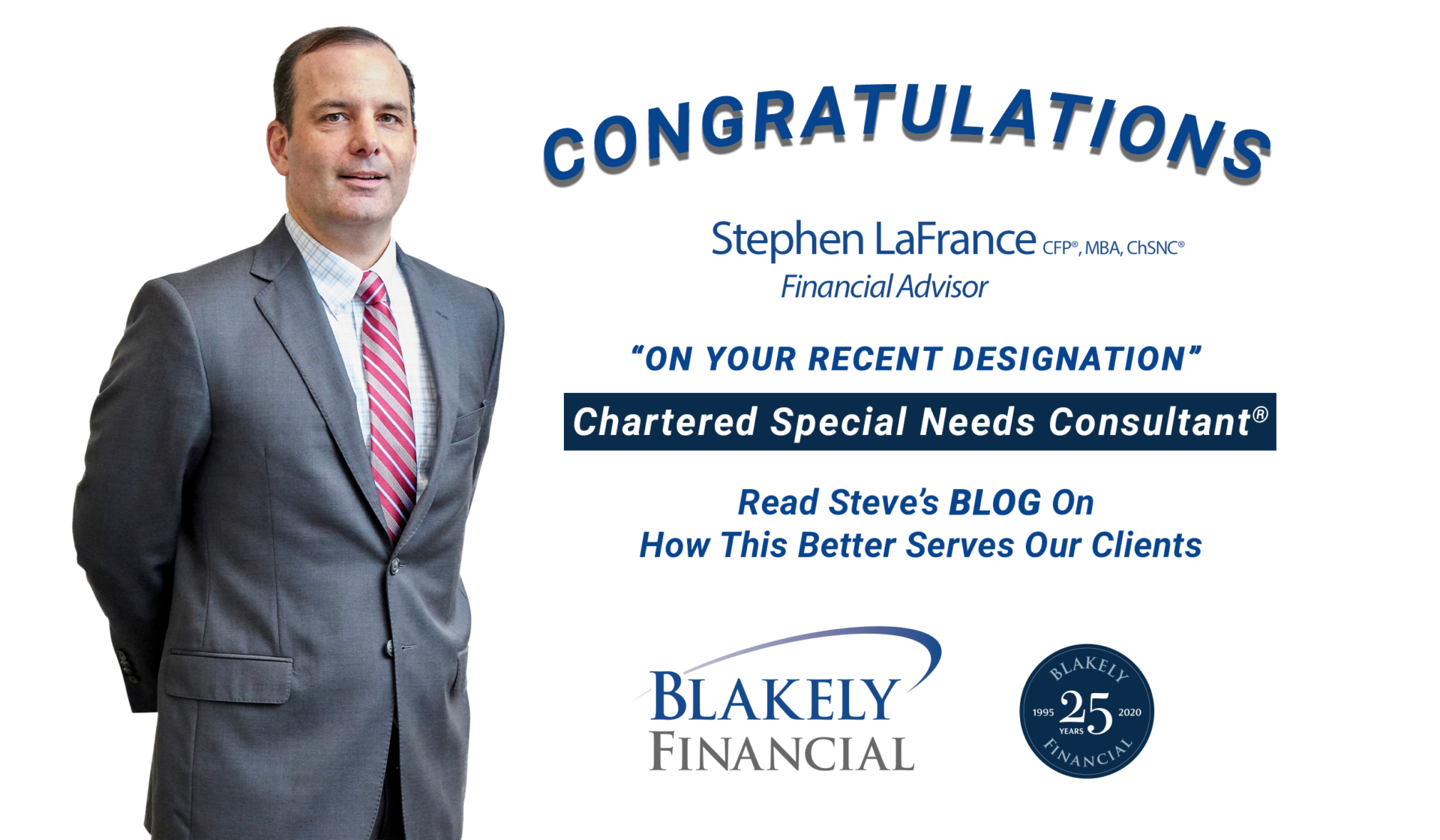Presented by STEPHEN LAFRANCE, CFP®, MBA
May is Family Wellness Month, focusing on healthy family lifestyles and habits. One of those healthy financial habits is teaching your children the importance of saving and budgeting; as the old saying goes, the sooner, the better. By introducing sound financial habits early on and teaching them that the money they receive is directly related to their work, you will give your child a head start on becoming an informed investor. Below, we have provided some creative ideas and book and website suggestions for raising a financially savvy kid.
Toddler Age: Although it may seem early to begin instilling investment know-how in your toddler, the first few years of life are critical for mental development. Toys that incorporate counting, such as building blocks, can help your child develop mathematical skills. Other educational toys include:
- LeapFrog Learn & Groove Animal Sounds Guitar. Children can rock out through rhythm, rhyme, and sing-along songs while sharpening their counting skills.
- Learning Resources Counting Cookies. This set of 10 numbered cookies (each with a corresponding number of chips) makes learning to count delicious.
- Chicco Teddy Count-With-Me. Children can learn their first numbers and words in English and Spanish with this bilingual talking bear.
- Infantino Development Toy, Counting Penguin. Your child inserts colored fish into a penguin’s mouth and learns to count from 1 to 10.
- ABC 123 Magnetic Poetry kit. For older toddlers, these magnets promote learning their letters and numbers.
Ages 5 and over: Board games are entertaining to teach kids about managing finances. Monopoly covers all the bases—earning money, saving and spending, capital budgeting, risk and reward, and taxes. This classic game now comes in an electronic banking edition and even a smartphone or tablet application. Other options for a fun-filled family game night include the Game of Life, Billionaire Tycoon, Moneywise Kids, and Payday.
Ages 8 to preteen: At this stage, many children start to accumulate income from allowances, cash gifts for birthdays and special occasions, and even small businesses, like lemonade stands or shoveling driveways. As your child begins dealing with actual money—no matter how small the amount—talk to them about saving and spending. In addition, because many kids in this age group are Internet experts, online games can be an effective teaching tool.
Teenage years: As a teen, your child may take their first summer job or build income through part-time work like babysitting. Visit the local bank together and set up personal savings and checking accounts in their name; this will give your child a sense of responsibility and help familiarize them with different banking transactions. Plus, banks often offer helpful resources geared toward young customers.
College years: This is a hard time for you and your child as you send them off to live on their own in a dorm or apartment. It would be best to discuss budgeting with your college student before they leave home as they will be on a fixed budget, and you will not be there every day to guide them. You are helping them stick to that budget through their college years by strengthening their ability to do so when they are entirely out from under your financial support.
A tremendous overall website with excellent resources for children from four years old through college age is The Money Savvy Generation (www.moneysavvy.com), which focuses on helping kids get smart about money so they can not only survive, more importantly, so that they thrive. We love their Money Savvy Pig, a four-slotted piggy bank that helps children learn how to save, spend, donate, and most importantly, we believe and invest!
Books:
Books on personal finance kill two birds with one stone: getting children to read while teaching them an important life skill. Full of illustrations on all aspects of money and finance, Neale S. Godfrey’s Ultimate Kids’ Money Book is an excellent resource for children ages 7–12. For young people ages 13 and up, Growing Money: A Complete (and Completely Updated!) Investing Guide for Kids by Gail Karlitz and Debbie Honig focuses solely on investing.
Written primarily for parents, Yes, You Can . . . Raise Financially Aware Kids by Jack Jonathan includes activities that you can do with your child to put financial concepts into practice.
Online Games:
One of the best websites for teaching kids about money is https://monetta.com/kids-corner/, presented by the Monetta Young Investor Fund, a mutual fund that invests in companies familiar to children and teenagers. Although you can find most of the games elsewhere online, the site brings them all together and organizes them by age group. The games are free and range from basic quizzes to more advanced activities.
Of course, there are plenty of other websites that aim to help children build their financial literacy. But, remember, although the Internet can be a valuable tool, it is no substitute for one-on-one conversations and your good example.
Start early!
As with many financial matters, our team at Blakely Financial believes the best advice is to start early. The sooner children learn financial fundamentals, the more likely they will become informed investors later in life. You never know; you may even benefit from learning alongside your child! If there are areas where you could use a refresher, take the time to review those topics as you approach them with your son or daughter. Remember to always consult with your financial advisor for guidance on investing and saving.
Engage with the entire Blakely Financial team at WWW.BLAKELYFINANCIAL.COM to see what other financial tips we can provide towards your financial well-being.
STEPHEN LAFRANCE, CFP®, MBA is a financial advisor with BLAKELY FINANCIAL, INC., located at 1022 Hutton Ln., Suite 109, High Point, NC 27262. 336-885-2530.
Blakely Financial, Inc. is an independent financial planning and investment management firm that provides clarity, insight, and guidance to help our clients attain their financial goals.
Securities and advisory services offered through Commonwealth Financial Network, Member FINRA/SIPC, a Registered Investment Adviser.
Authored by the Investment Research team at Commonwealth Financial Network





